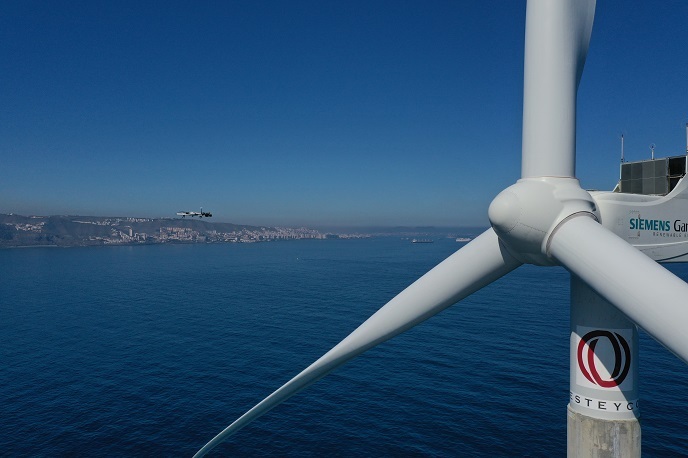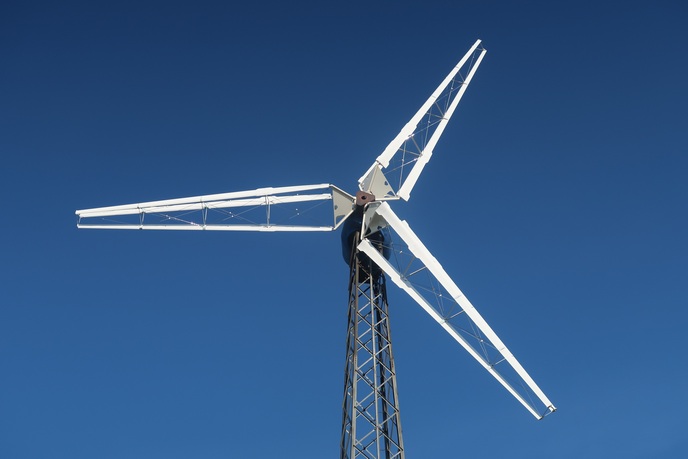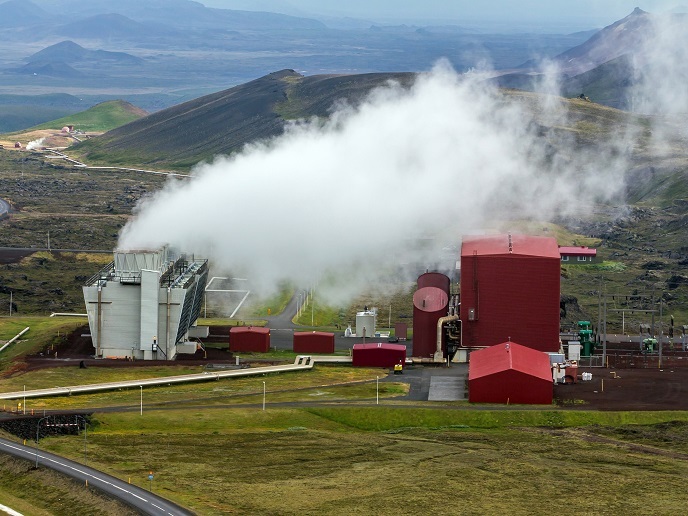Alternative energy powers the Western Balkans
Energy production systems in the Western Balkans are often outdated and too centralised to be efficient. The EU-funded project 'Advanced decentralised energy generation systems in Western Balkans' (ADEG) promoted better solutions based on hybrid systems and renewable energy sources (RES). The project aimed to outline the potential for renewable energy systems in the region and articulate a model for identifying solutions in different areas. It also investigated different concepts in energy generation systems and how they could be integrated to produce more efficient and more ecologically friendly power. In its research, ADEG focused on Bosnia-Herzegovina, Croatia and Serbia and Montenegro, with parts of the project pertaining to Albania and the Former Yugoslav Republic of Macedonia (FYROM) as well. It looked at solar energy, wind energy, co-generation technologies, small hydro plants, hydrogen (H2) production, fuel cell applications and hybrid systems related to these different options. The project outlined the potential and availability of renewable energy sources and then investigated considerations and technological barriers in line with local needs and realities. ADEG proposed an energy model that balances water, electricity and hydrogen demand which addresses storage and supply while considering heat demand and biomass energy supply. Biomass combustion, gasification and co-firing were considered for different types of facilities, while agricultural waste was examined for biomass utilisation. The project conducted successful experiments in biomass combustion, co-combustion and gasification which also yielded important results. In short, the project team succeeded in advancing the use of renewable energy in decentralised systems to increase power production and outline solutions for reliable low-cost energy generation for standalone grids.







